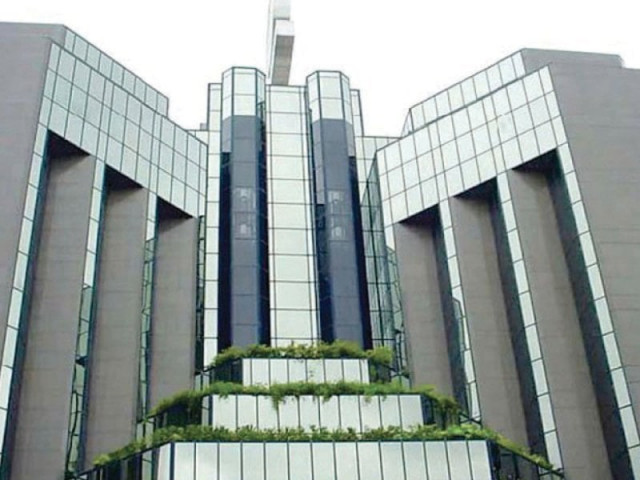Fuel crisis: PSO – linchpin or scapegoat?
Govt must gradually consider dividing entity into distinct business units

The company occupies more than 50% of the market share in all categories of oil, notably all furnace oil supplies to independent power producers. PHOTO: FILE
Pakistan State Oil (PSO) makes a tall official claim: “We are truly the drivers of economy of this country.”
The events of last few months show that it is dangerously true. PSO can single-handedly bring the economy to a grinding halt. The fuel run has demonstrated that it almost did that.
PSO is the only Pakistani company that has made it to the Forbes 2000 list. On this list, it is at number 841 in terms of sales, which were $11.59 billion as of May 2014. In 2012, PSO also became the first Pakistani company to cross the trillion-rupee mark. By turnover, it is the largest company of the country.
It was formed in 1976, as a result of merger and nationalisation of three independent oil companies. It has remained government-owned and government-run.
That effectively means that PSO is plagued by excessive government intervention and an independent assessment of its corporate performance may not be fair.

Notwithstanding, PSO now stands as the linchpin of Pakistan’s aggravated fuel crisis and also power crisis owing to its circular debt.
The company occupies more than 50% of the market share in all categories of oil, notably all furnace oil supplies to independent power producers.
Choking of its supply lines is bound to bring unanticipated pressure on substitute suppliers, and an oil run is likely to be created in this case. Last week, the nation thus observed a painful oil run with people running with cash in their hands and stranded with empty fuel tanks.
Credit unworthy
Thanks to continued government ownership, PSO has now become too big to fail. Its default, imminent according to capital market observers, is likely to have an industry-wide impact.
PSO has become credit unworthy. It has exhausted its letters of credit (LC) and its suppliers have refused to oblige with credit supplies.
“PSO has exhausted its borrowing limits, defaulted on payment of Rs46 billion against the LCs, and LC lines against Rs93 billion have been consequently blocked,” says a letter sent by the company’s managing director to the petroleum secretary on December 24.
It ends by asking for urgent release of Rs68 billion to “avoid an imminent supply chain breakdown.”
Just one year ago, Pacra upgraded PSO’s credit rating from ‘stable’ to ‘positive’ with ‘AA+’ and ‘A1+’ long-term and short-term ratings. Pacra got it all wrong. While PSO proudly mentions that its earnings per share have risen from Rs46 to Rs80 last year, its financial health remains dependent on government relations. Indeed, what is being dubbed in media as bailout to PSO, is in fact deferred payment.
Dominant supplier
Besides supplying fuel to national power utilities like Wapda and K-Electric, PSO is the sole furnace oil supplier to all independent power producers (IPPs) with a share of over 80% in furnace oil market. PSO’s industrial consumer dominance in the government sector can be judged from the fact that all the major state entities like OGDC, Pakistan Army, Pakistan Railways, Navy, National Logistics Cell, PAF Wah and Heavy Industries Taxila have entrusted the oil marketing company to meet their needs.
PSO is also a scapegoat. The prime minister, by suspending top officials of the Ministry of Petroleum, has played to the gallery. This is what a strong and determined prime minister needs to announce with immediate effect. He should halt all political appointments and interventions in the company and allow its corporate affairs to be run by an independent board. He should allow the IPPs to import furnace oil from any source instead of giving this monopoly to PSO.
Similarly, he should order all government entities, military included, to diversify their fuel purchases. Also, all government entities must be instructed to do their purchases in cash, or with a 30-day credit. The government may retain ownership of PSO during the crisis, however, it must gradually consider dividing the entity into distinct business units, and thereby follow a very flexible divestment approach.
The writer is the executive director of PRIME Institute, an independent think tank based in Islamabad
Published in The Express Tribune, January 26th, 2015.
Like Business on Facebook, follow @TribuneBiz on Twitter to stay informed and join in the conversation.



















COMMENTS
Comments are moderated and generally will be posted if they are on-topic and not abusive.
For more information, please see our Comments FAQ